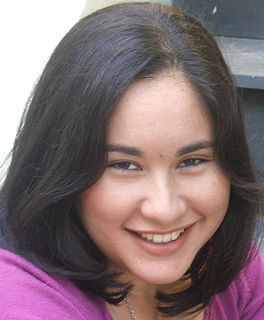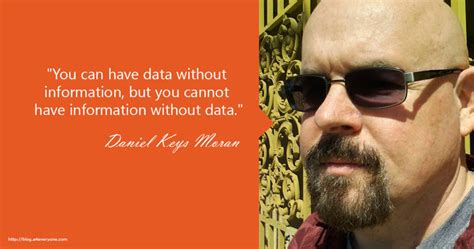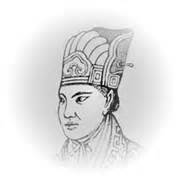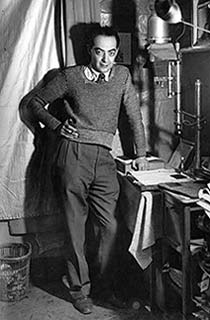A Quote by Rudolf Steiner
The Oriental thinks everything in the sense-perceptible world is 'maya'; everything perceived by our senses and all thinking connected with sense perceptions is 'maya,' the great illusion. The only reality is the reality of the soul. What a human being achieves in his or her soul is reality.
Related Quotes
Your soul has a special mission. Your soul is supremely conscious of it.
Maya, illusion or forgetfulness, makes you feel that you are finite, weak and helpless. This is not true. You are not the body. You are not the senses. You are not the mind. These are all limited. You are the soul, which is unlimited. Your soul is infinitely powerful. Your soul defies all time and space.
One way of saying that is that there is an objective reality beyond our mind. A way to think of this in a philosophic sense is to look between the two great extremes: the idealist philosophy that says mind and consciousness is the only thing and that matter is simply an illusion, or a Maya, the product of mind; and the other extreme, a strict materialist determinism, which says that mind and consciousness is a secondary phenomenon of the collision of matter.
The Western approach to reality is mostly through theory, and theory begins by denying reality - to talk about reality, to go around reality, to catch anything that attracts our sense-intellect and abstract it away from reality itself. Thus philosophy begins by saying that the outside world is not a basic fact, that its existence can be doubted and that every proposition in which the reality of the outside world is affirmed is not an evident proposition but one that needs to be divided, dissected and analyzed. It is to stand consciously aside and try to square a circle.
Late at night, when everyone is quiet, sit alone and gaze into the mind; then you notice illusion ending and reality appearing. You gain a great sense of potential in this every time. Once you have noticed reality appearing yet find that illusion is hard to escape, you also find yourself greatly humbled.
My images were surreal simply in the sense that my vision brought out the fantastic dimension of reality. My only aim was to express reality, for there is nothing more surreal than reality itself. If reality fails to fill us with wonder, it is because we have fallen into the habit of seeing it as ordinary.
We know only what we do, what we make, what we construct; and all that we make, all that we construct, are realities. I call them images, not in Plato's sense (namely that they are only reflections of reality), but I hold that these images are the reality itself and that there is no reality beyond this reality except when in our creative process we change the images: then we have created new realities.
We call our intuition our sixth sense, but in reality it would be called our first sense, because it's rooted in quantum nature of reality. It was around long before our solar system and our planetary system were even formulated or even organized. It is at the basis of how our normal sensing works. So instead of being our sixth sense or even â€" using the parapsychological term â€" "extrasensory perception," it's not. It's at the basis of our perception, and that's the quantum world.
The belief in an external world independent of the perceiving subject is the basis of all natural science. Since, however, sense perception only gives information of this external world or of "physical reality" indirectly, we can only grasp the latter by speculative means. It follows from this that our notions of physical reality can never be final. We must always be ready to change these notions - that is to say, the axiomatic basis of physics - in order to do justice to perceived facts in the most perfect way.







































